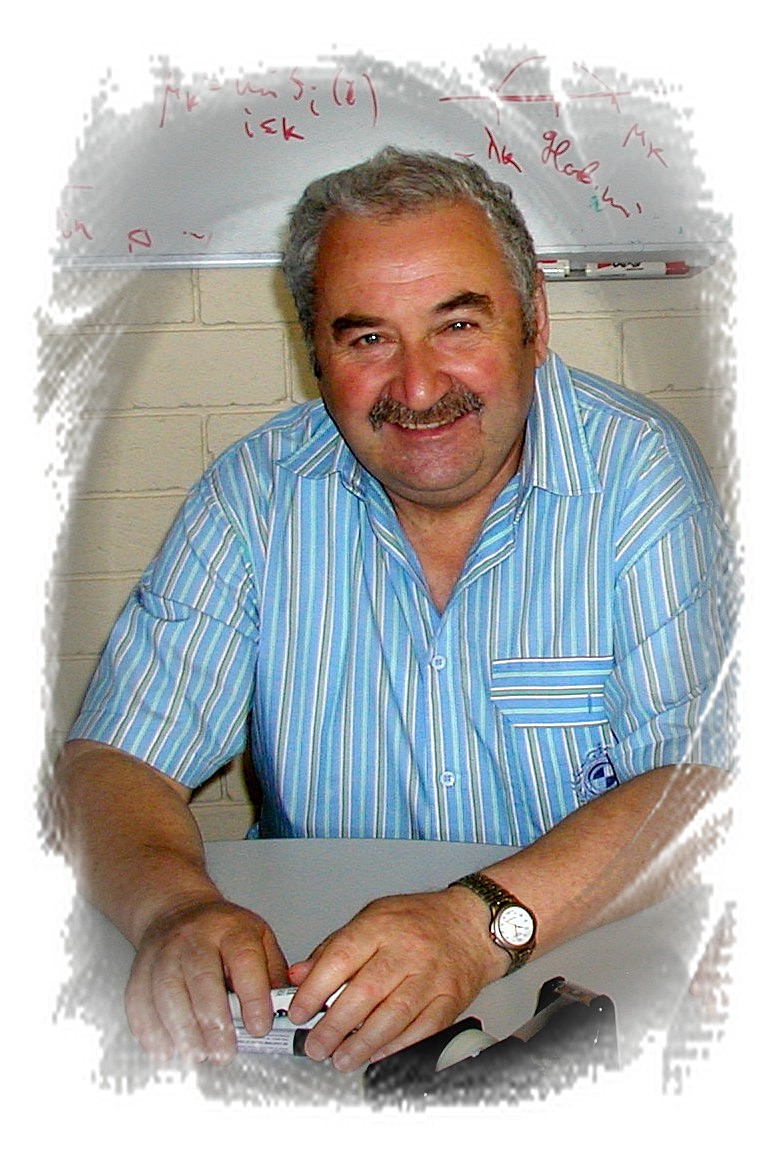July 15-19, 2024
We are pleased to announce the 2024 MoCaO Lectures in Computation and Optimisation. For 2024 we
are focusing on Geometry and Convexity in Computation. These one-hour lectures will be held each day, and all lectures will be broadcast via Zoom.
July 15-19, 2024, 11-12 am AEST (GMT+10) each day
This series of lectures will introduce the theoretical tools and notions of convex geometry that stem from or are applicable to the problems of modern convex optimisation. The lectures will cover the facial structure of general and structured convex set in Euclidean spaces, as well as in general vector spaces. These lectures are designed to be accessible to novices to the field who have a mathematics and computational background, such as PhD students, postdoc and/or inquisitive academics who wish to have a better understanding of recent advances in this dynamic field. These lectures will be given online via
Zoom. Please read the notice below regarding the registration to obtain the Zoom link.
Summary: Convex geometry is a fascinating area of simplicity and elegance yet mathematically rich. It is home to many beautiful and surprising theorems with numerous applications ranging from optimisation practical ones such as robotics, economics, and machine learning. In these year’s lectures, we go over the basics of facial structure of convex sets, starting with the finite dimensional setting. We review the tools that help study geometric properties of convex sets and to construct convex sets with desirable properties. We then focus on structured convex problems, predominantly those defined algebraically (through matrix and polynomial inequalities and representations). Finally, we review some properties and behaviours of convex sets that are specific to the infinite-dimensional setting. The fundamental mathematical ideas and phenomena will be contextualised in optimisation applications, including conic programming and projection methods.
MoCaO Lectures 2024:
Vera Roshchina (UNSW, Sydney)
Isabelle Shankar (Portland State University)
Bruno Lourenco (Institute of Statistical Mathematics, Japan)
Biographies:
A/Prof. Vera Roshchina (MoCaO lecturer 2024) is an applied mathematician working on convex and nonsmooth problems that mostly come from optimisation. Vera is currently an Associate Professor at the School of Mathematics and Statistics, UNSW Sydney. Before joining UNSW in 2018 she was an ARC DECRA Research Fellow at RMIT University and held postdoctoral positions at the University of Melbourne, Federation University Australia and University of Évora (in Portugal). In addition to DECRA Vera won 2 ARC grants and in 2021 was awarded Christopher Heyde medal by the Australian Academy of Science.
Dr. Isabelle Shankar: Isabelle Shankar is an Assistant Professor in the Fariborz Maseeh Department of Mathematics + Statistics at Portland State University. She received her Ph.D. in Applied Mathematics in 2021 from the University of California, Berkeley under the supervision of Serkan Hoşten. She held postdoctoral positions at University of Illinois at Urbana-Champaign and the Max Planck Institute for Mathematics in the Sciences, Leipzig, Germany before joining PSU. Her research interests include real algebraic geometry, convex optimization, and combinatorics.
Assoc/Prof. Bruno Figueira Lourenço: BSc in Computer Science and MSc in Mathematics by the University of Brası́lia, Brazil, in 2010 and 2012, respectively. PhD in Mathematical and Computing Sciences from the Tokyo Institute of Technology, 2016. Worked as an assistant professor at Seikei University from 2016 to 2018 and at the University of Tokyo from 2018 to 2020. Currently is an associate professor at the Institute of Statistical Mathematics, Japan. Likes most things related to convex cones.
We encourage participants to register using the google form the bottom of the webpage (so you may receive the zoom details)
Website
and Registration:
https://forms.gle/CGhNt3bssmqLMXcj6
MoCaO Lectures:
Mathematics of Computation and Optimisation 2024
If you have any enquiries, please send an email to MoCaO@austms.org.au. Please check the website prior to the lectures for last minute information or announcements.




